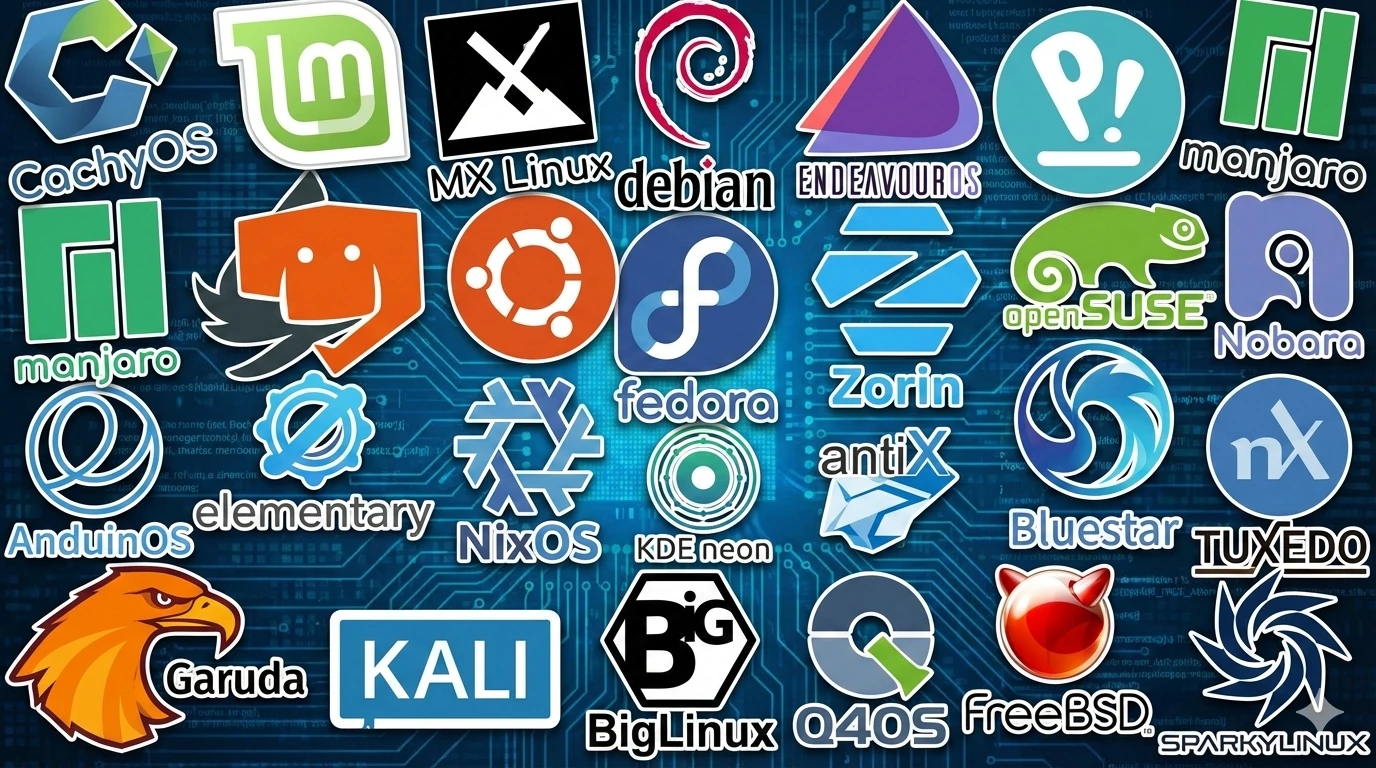Android, the widely popular mobile operating system, shares a deep and symbiotic relationship with Linux, a powerful and versatile open-source operating system. Understanding the connection between these two platforms is essential to appreciate the evolution and collaborative efforts that have shaped the landscape of mobile computing.
Android’s Foundation
Android, developed by the Open Handset Alliance (OHA), is built on a Linux kernel. The Linux kernel serves as the core component of the Android operating system, providing essential functionalities such as hardware abstraction, process management, and device driver support. This foundation grants Android a stable and robust framework, contributing to its efficiency and security.
Open Source Roots
Both Android and Linux share the philosophy of open source software, promoting collaboration, transparency, and accessibility. Linux, conceived by Linus Torvalds in 1991, laid the groundwork for a community-driven approach to software development. Android, initiated by Android Inc. and later acquired by Google, embraced this open source ethos, fostering a dynamic ecosystem of developers, manufacturers, and users.
Kernel and User Space
The Linux kernel in Android serves as the bridge between the hardware and the upper layers of the operating system. It manages resources, interacts with device drivers, and ensures smooth communication between hardware and software components. Android’s user space, built on top of the Linux kernel, includes libraries, frameworks, and the Android Runtime (ART), providing the interface through which applications interact with the system.
Customization and Distributions
The modular nature of Linux allows for customization and the creation of distributions tailored to specific needs. Similarly, Android, with its open source nature, permits manufacturers and developers to customize the user interface, functionalities, and pre-installed applications. This flexibility has led to a diverse range of Android devices, each with its unique features and characteristics.
Security and Stability
Linux, known for its stability and security, forms the solid foundation upon which Android builds its mobile ecosystem. The security features of the Linux kernel contribute to Android’s ability to isolate processes, manage permissions, and protect user data. The collaborative nature of open source development ensures that security vulnerabilities are promptly addressed and resolved.
Community Collaboration
The Linux community and the Android community share resources, expertise, and innovations. Many developments made within the Linux community, especially in areas like device drivers and hardware compatibility, directly benefit Android devices. Simultaneously, improvements and optimizations made by Android developers contribute to the overall advancement of the Linux ecosystem.
The relationship between Android and Linux is not just technical but also reflects the shared values of openness, collaboration, and innovation. As Android continues to evolve and shape the mobile landscape, its reliance on the Linux kernel underscores the strength of the open source philosophy. Together, they represent a powerful synergy that has not only revolutionized mobile computing but also stands as a testament to the potential of collaborative development in the world of operating systems.
Top Irish Linux Distros in 2026
When people say “Irish Linux distros”, they usually mean systems that are developed or headquartered…
Key Trends Shaping the Linux in 2026
As we navigate the midpoint of the 2020s, the Linux ecosystem, long the bedrock of enterprise comput…
The 25 Most Popular Linux Distributions of 2025: A Complete Guide
*An expert overview of the top-ranked Linux distros based on DistroWatch’s latest 12-month ran…
Linux Kernel 6.19 Brings Major Performance Gains for AMD GPUs
The upcoming Linux kernel 6.19 release is shaping up to be very good news for users running AMD grap…
Is Gentoo Linux user friendly enough once it’s fully set?
Short answer: once Gentoo Linux is installed and configured, it can be perfectly “user-friendly” to …
10 Emerging Linux Distros to Watch in 2026
In the Linux ecosystem, gravity tends to pull us toward the giants—Ubuntu, Fedora, or Mint. But if 2…





